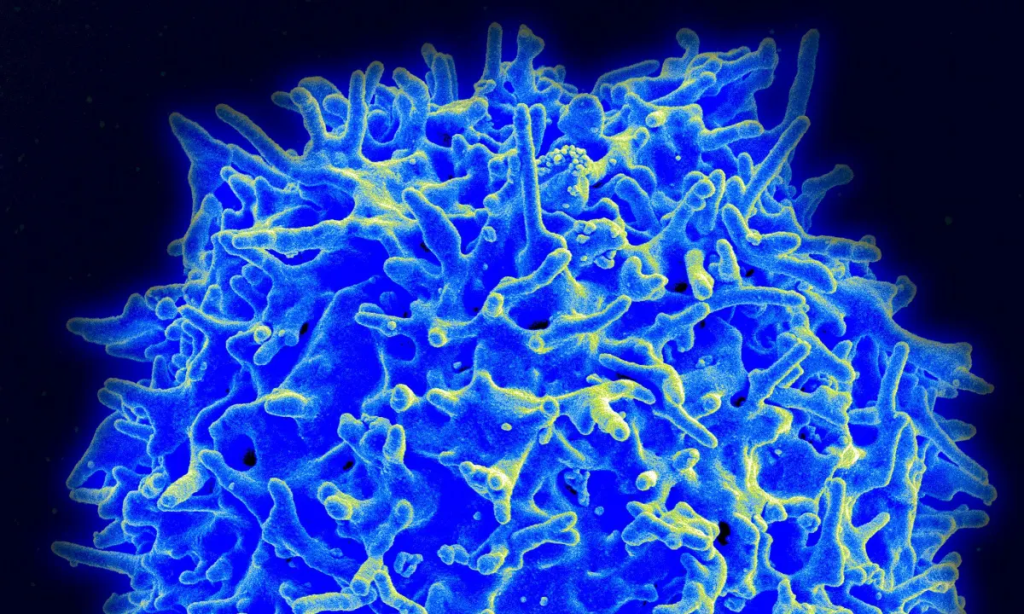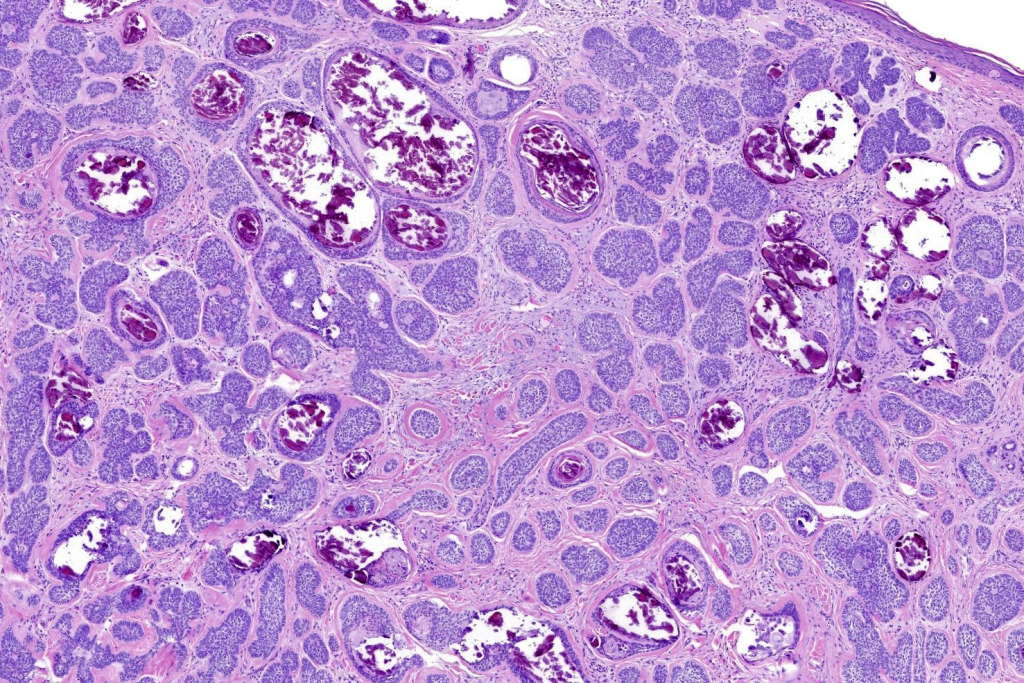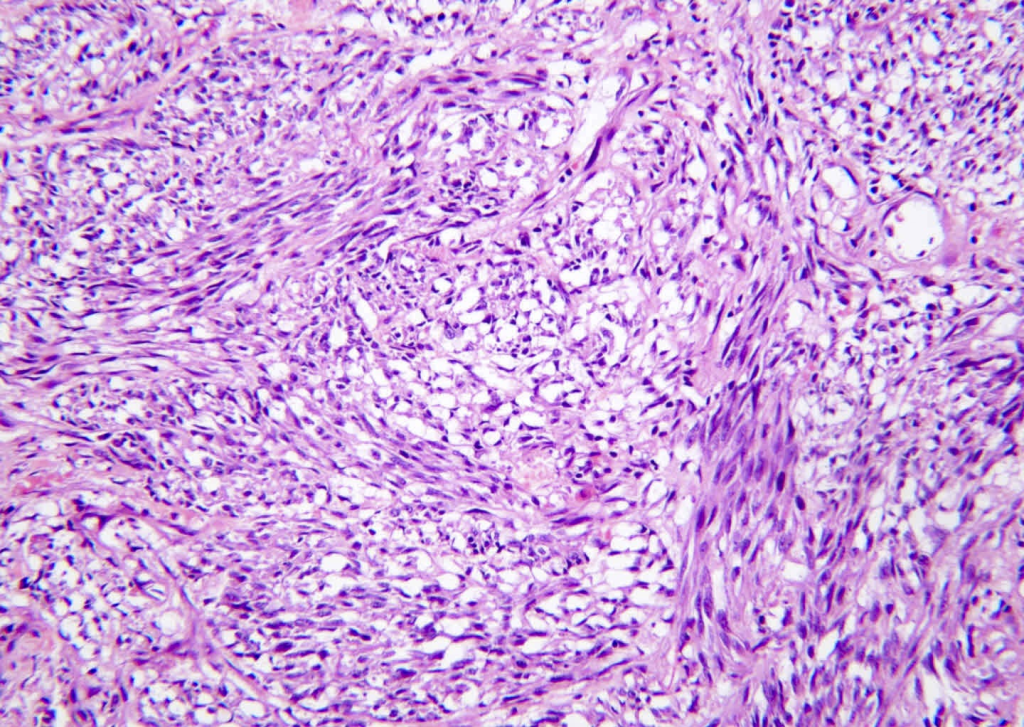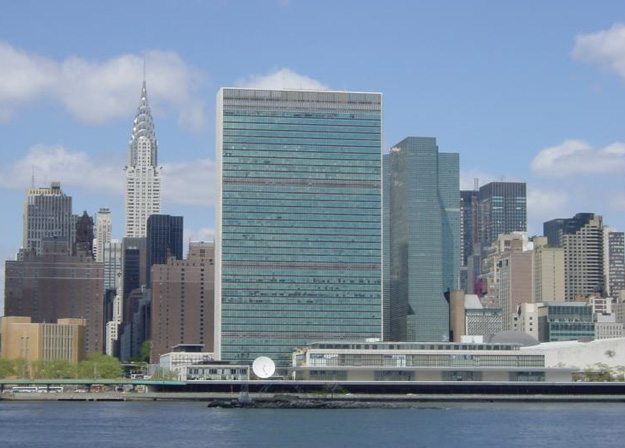New York, N.Y. In 1996, my life took a dramatic turn when I was diagnosed with AIDS. Normally, we have about 1,500 t-cells, the immune cells that help protect our bodies from infections (CD4). I had only 50. My viral load was topping 90,000, a stark indicator of how severely the virus had ravaged my body. I was told I had about a year to live.

Shortly after my diagnosis, retrovirus medications became available, and I went on the regimen immediately. This stabilized my rapid decline towards death. The new treatment gave me a fighting chance, and I clung to it with all my might.
In 1999, my health faced another blow. Doctors discovered cancerous rectal tissue, leading to numerous, bloody procedures to rectify it. Each surgery was a painful reminder of my fragile mortality, but I persevered, determined to overcome this new challenge.

My journey through health crises didn’t stop there.
After a decade of development work under the hot sun in Haiti, Indonesia, and Sri Lanka, I was diagnosed with basal cell carcinoma on my face. The surgeon managed to remove it, leaving two dozen stitches behind. This marked yet another battle scar in my ongoing fight for survival.

Several years later, I was diagnosed with Kaposi sarcoma, a rare cancer often associated with AIDS. I underwent radiation treatment at NYU Langone off and on for two years. Thankfully, it remains in remission to this day.
When I first developed HIV/AIDS, I joined a support group for men dealing with the same illness. These men were meticulous in their approach: they researched symptoms, argued with their doctors, and carefully tracked how the powerful medicines made them feel. I believe that entire group has been gone for decades. I, on the other hand, chose to trust my physician and followed his instructions diligently. I was too busy with my work to focus on how I felt. Years later, doctors credited this attitude for my health stabilizing.

My father once told me that no parent wishes for their child to be diagnosed with a life-threatening disease. He had dealt with my precarious health multiple times, standing by me through each crisis. His unwavering support was a pillar of strength during my darkest days.
In 2010, I was invited to speak at the United Nations on overcoming death.
I was asked to share my story as an example to those living in developing nations, urging them to demand the medications that kept me alive. I was living proof that life was possible, even in the face of a seemingly insurmountable diagnosis.

As I travel the world, I get angry when I see people dying from the same diseases that modern medicine has saved me from. For lack of just a few dollars a day, men and women succumb to illness instead of recovering to lead healthy and joyous lives. It is a travesty that such life-saving treatments are not universally accessible.
Overcoming these obstacles has made me stronger. I mourn for those who walked this same path but did not make it. Their absence is a stark reminder of the fragility of life and the randomness of survival. I hope that my story inspires at least one person to not give up hope. Everything is possible.
Reflecting on my journey, I realize that resilience and faith played crucial roles in my survival. The support of my family, the dedication of my doctors, and the advances in medical science all contributed to my ability to fight and overcome. My life’s mission now includes advocating for those who do not have access to the same resources and support. It is my hope that through awareness and action, we can create a world where everyone has the chance to survive and thrive, regardless of their circumstances.
#AIDSawareness #CancerSurvivor #Resilience #HealthAdvocacy #Hope #MedicalAdvancements #GlobalHealth #SurvivalStory #OvercomingAdversity #Inspiration #UNSpeakers
Defying Death: My Journey from AIDS to Advocacy (May 27, 2023)